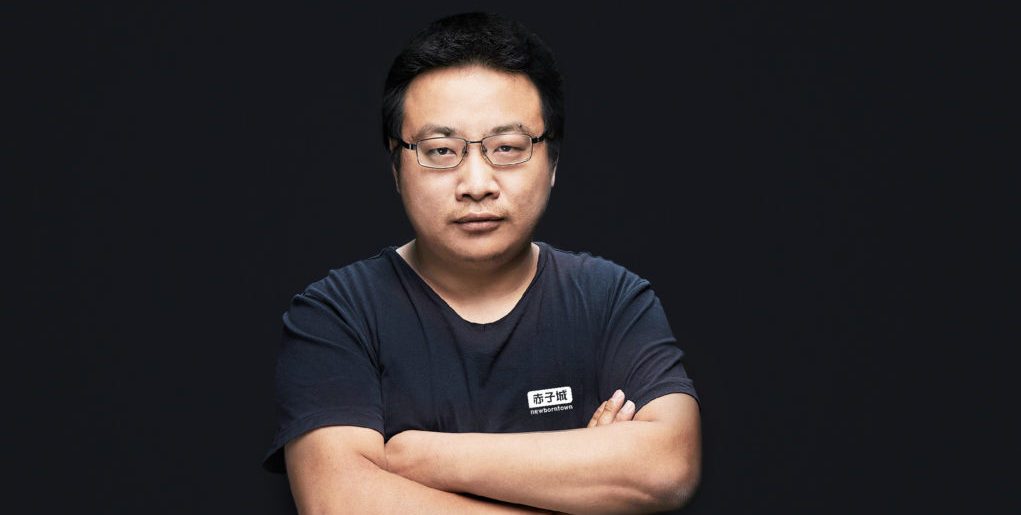About one decade ago on a rainy night, a 24-year-old Chinese student was dragging a large suitcase, racing to catch a train at a railway station three miles away that would send him from Beijing to eastern China’s Jinan city to start one of his first businesses.
Liu Chunhe, the then year-two master student at the Beijing University of Posts and Telecommunications (BUPT), did not know that he had set off on a journey to build a company that would list in Hong Kong a decade later and boast a market capitalization of over HK$3 billion ($386 million).
Newborn Town, an AI-based mobile app development and mobile advertising firm he created at a university lab in 2009, now serves nearly 800 million users across over 200 countries and regions, mainly in Asia, the Americas, and Europe. The company raised HK$175 million ($22.51 million) in an initial public offering (IPO) in Hong Kong on December 31, 2019, after its retail tranche became 1,440 times oversubscribed.
The IPO performance benefited from the “scarcity” of publicly traded AI companies, said Liu Chunhe, founder and CEO of Newborn Town in an interview with DealStreetAsia. “Despite that AI remains as a darling of investors, not many companies in the field are offering their shares on the public market mainly because it is too hard for them to break even.”
Liu, now 34 years old, tries to draw a clear line between his profitable Newborn Town and other 90 per cent loss-making Chinese AI companies including Megvii, which revealed a stunning net loss of 5.1 billion yuan ($735 million) in the first half of 2019 as shown in its prospectus filed with the Hong Kong stock exchange last August.
These cash-burning companies still struggle from commercializing AI despite the market scale in the country is projected to reach 71 billion yuan ($10.23 billion) in 2020, according to the Internet Society of China.
Indeed, the world will take some time to see more IPOs of companies developing core AI technologies like computer vision and machine learning. This is probably why Newborn Town, which generates revenue from the mobile advertising business, uses AI as a value-add to lift efficiency instead of a vital underlying technology like its homegrown peers CloudWalk Technology and SenseTime, whose products and solutions would simply become unusable without AI.
Beijing-based Newborn Town provides global users with free mobile apps in the fields of the user system, fitness, media & entertainment and gaming with nearly zero in-app purchases, in exchange for mobile traffic that the firm can monetise by selling in-app advertisement spaces to advertisers. The company charges advertisers by the number of times the ads have been viewed by or displayed to mobile device users.
Its major businesses lie in the global mobile app and programmatic mobile advertising markets, which reached $365.2 billion and $60.7 billion in 2018, respectively. Newborn Town takes up small shares in both markets due to fierce competition from a few top players, according to Chinese market research firm iResearch, cited in its prospectus.
The company became profitable in 2016 and generated revenue of HK$205 million ($26 million) in the first half of 2019, up 58 per cent from the year before, according to the prospectus.
To some extent, the dazzling IPO debut is also “a natural outcome” as the political and economic environment in Hong Kong and worldwide slightly calmed down by the end of 2019. Investors in the Hong Kong capital market nowadays “understand and embrace” new economy and advanced technologies, said Liu.
Liu spoke to DealStreetAsia about his entrepreneurial experience, Newborn Town’s Hong Kong IPO, and a growing trend of Chinese companies going overseas. The interview was conducted in Chinese. Below are the translated and edited excerpts:



